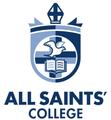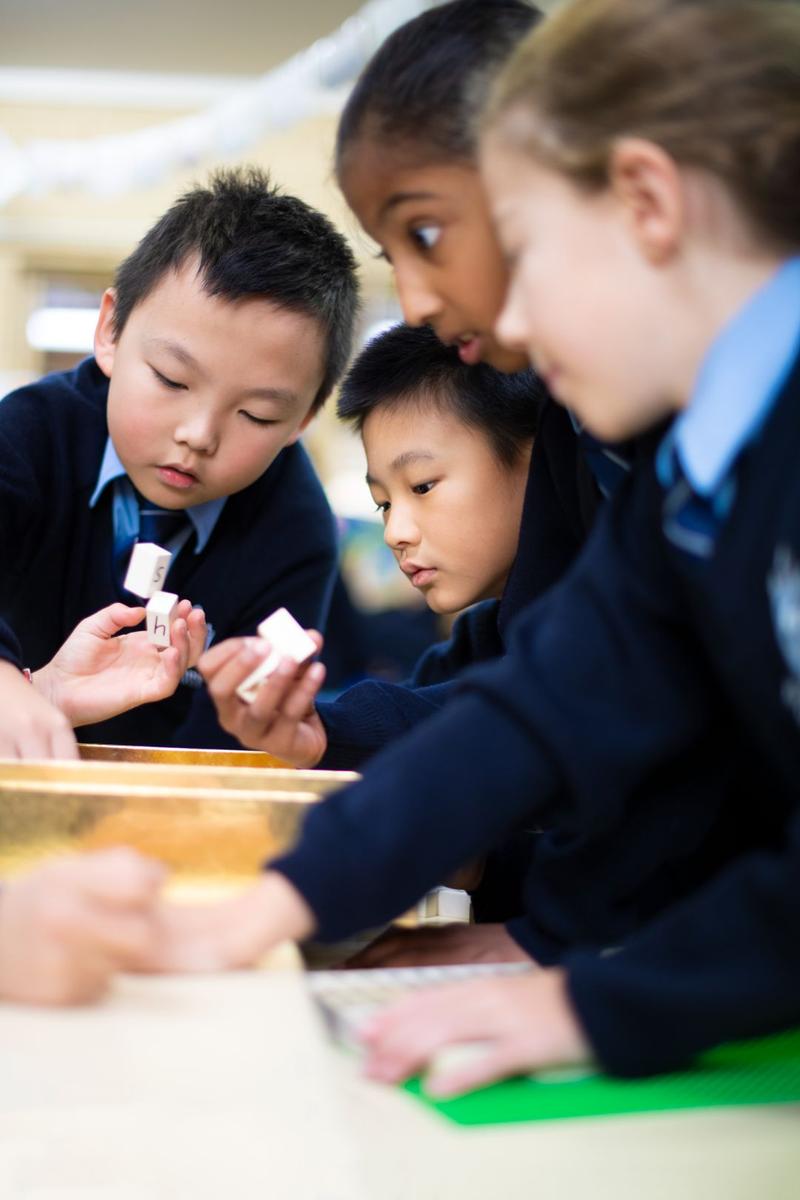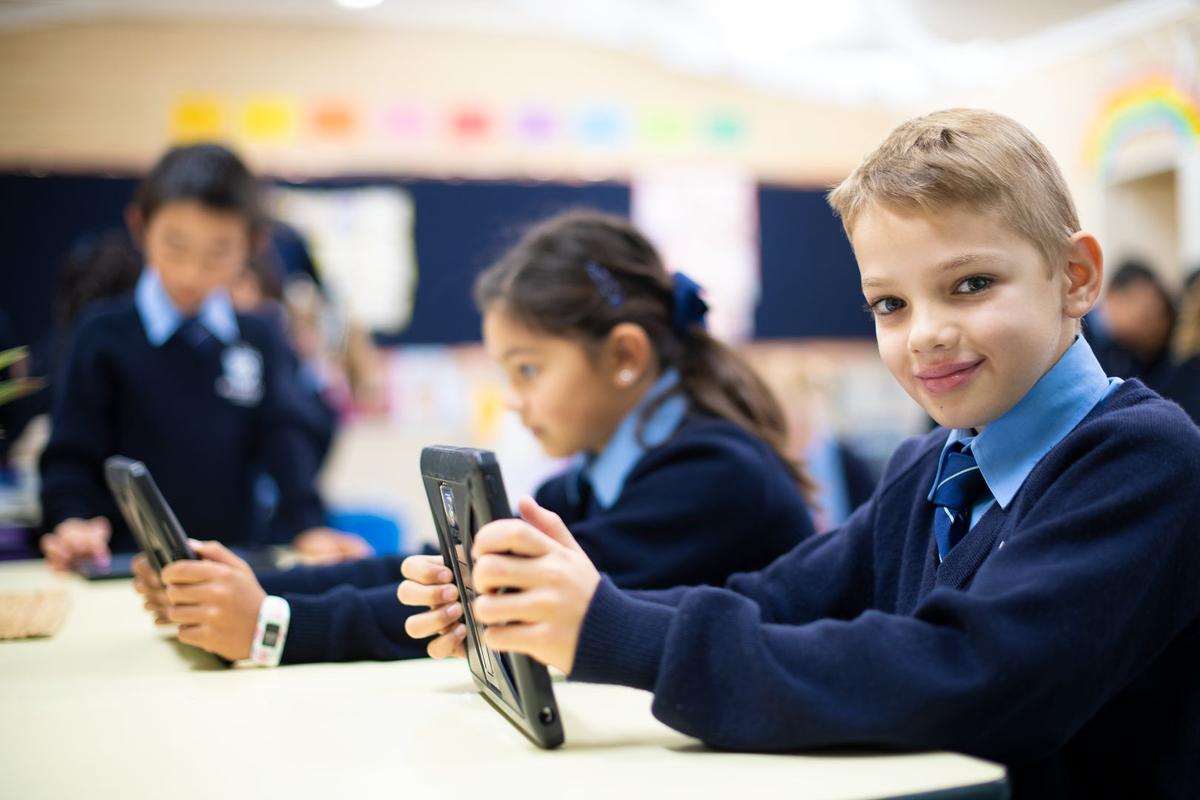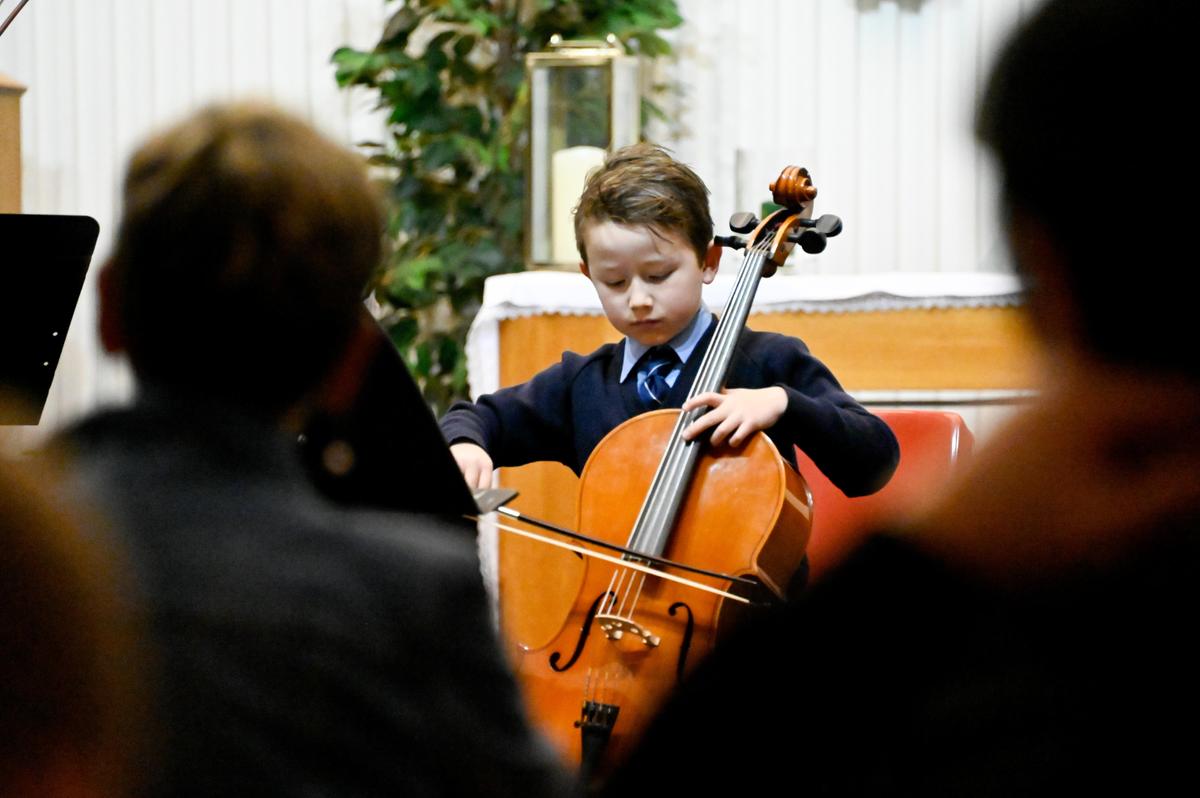Curriculum
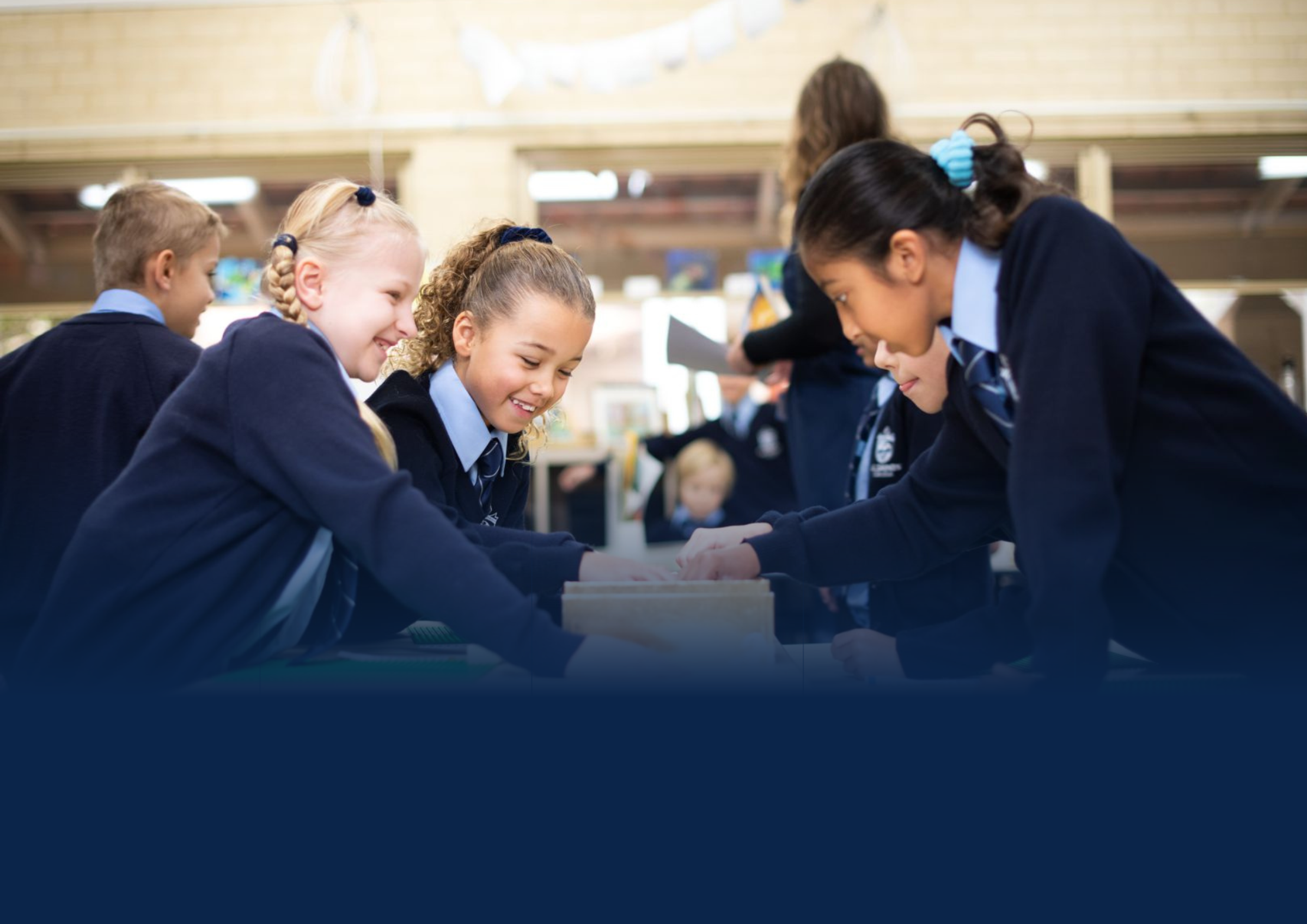
We follow the West Australian Curriculum. For further information click HERE.
We are an inquiry-based learning school.
At the start of each term a class overview is placed on MyASC. Class timetables are available on SEQTA. The programs are differentiated within the classroom to account for the needs of individual children.
Learning Intervention and Opportunities
In the event that a child is achieving well above or below the academic expectations of their year level, or having difficulty accessing the curriculum, their parents are notified, and a meeting is arranged with the class teacher. In partnership with families, a plan will be put in place, to optimise learning for the child.
Referrals
On occasion, teachers in consultation with parents may refer children to visit specialists – such as a Speech Therapist, Occupational Therapist, Physiotherapist, Educational Psychologist, Audiologist, Optometrist, or Paediatrician – to identify specific learning needs and assist them to access the curriculum appropriately. College staff may also be involved, in consultation with the Director of Junior School, in assisting to make adjustments to your child’s learning and teaching program. When referrals are made, it is important that there is close communication between the teacher, the parents and the specialist. Any specialist reports need to be made available to the College to inform the teachers, who are then able to make adjustments to the child’s learning program.
Assessment
Assessment is an essential element of effective teaching and learning programs. Teachers regularly use in-class observations, informal and formal assessments to inform their programs, to be responsive to the students’, needs, to provide feedback and to monitor their students’ progress. These assessments are used in conjunction with the College’s annual standardised testing programs using ACER as well as national NAPLAN tests in Years 3, 5, 7 and 9. Our students are taught self-assessment, goal setting and reflection skills.
Excursions and Outdoor Learning Programs
Off-campus educational and outdoor learning activities are organised for students in Kindergarten – Year 6. When an excursion is organised, details are made available via MyASC and Seesaw. A general consent form is sent to College families at the start of the year covering all general incursions, excursions and carnivals. Separate consent is still required for all College tours or Outdoor Learning Program camps. Children are not permitted to take part in an excursion if the form is not signed and received by the College prior to the group departing.
Toys and Items of Interest
Students are encouraged to bring to school items of interest relevant to a topic being studied in class. Other toys and personal items are to remain at home to avoid being lost or damaged at school.
Fidget toys are only to be used if they are part of an Individual Education Plan or Behaviour Support Plan that has been approved by the class teacher and the Learning Support Coordinator and/or the relevant member of the Junior School Leadership Team.
Home Learning Policy
Connecting Learning at Home and School
The College’s Strategic Plan Benang includes Goal 2: Learning. Objective 2.1 describes our commitment to developing a broad, engaging, and responsive curriculum that meets the needs of our diverse student population.
The Pre-Primary – Year 6 homework grid links learning at school with learning that occurs in other venues. This includes Family / Community Service, Service Learning, Nature Connect, Cocurricular Activities, Lifelong Learning and This Week’s Task.
We suggest the following time allocation:
- Pre-Primary 10–15 minutes per night, four nights a week
- Years 1–2 15–20 minutes per night, four nights a week
- Years 3–4 20–30 minutes per night, four nights a week
- Year 5 30–45 minutes per night, four nights a week
- Year 6 45–60 minutes per night, four nights a week
However, in response to mounting evidence about the importance of unstructured time for children to play, explore and create, we do not want to erode this time and so request that you consider a balance that suits your family and encourage your child to monitor their own time spent each night.
Reading every day is an expectation. Reading can be part of this time allocation. Many researchers have shown the benefits of reading aloud to children continue well into their teenage years. This can be part of home reading.
To facilitate a love of literature and reading, Pre-Kindergarten, Kindergarten and Pre-Primary students are encouraged to take home book kits to enjoy reading with their parents. From Term 2, Pre-Primary students begin to have early readers sent home.
Cocurricular
The College’s extensive cocurricular program runs before and after school throughout the week and caters for the varying interests and talents of our students. Full details of the activities available are communicated to parents at the start of each term. Students are encouraged to choose their preferred activity carefully and are expected to make a commitment for the duration of the activity.
Cocurricular activities are not available for Pre-Kindergarten to Pre-Primary students, while limited activities are available for Year 1 and Year 2 students. In the early years of schooling, the full day at school is often enough for the child to manage happily. As children grow and mature, they are ready for more challenges whilst maintaining a balance between self-determined choices of free activity, homework, and organised activity.
Learn-to-Swim Program
Learn-to-Swim lessons are available for children from four years old upwards at the Aquatic Centre. Lessons are held every afternoon after school and on Saturday mornings. Children attending Out of School Hours Care will be taken to and collected from the Aquatic Centre by one of the OSHC Educators. Further information is available by phoning 9313 9386.
Individual Music Lessons
Individual Music lessons, including Suzuki Strings lessons for Kindergarten – Year 2 students, are offered. Detailed information is available from the Music Department by phoning 9313 9397.
